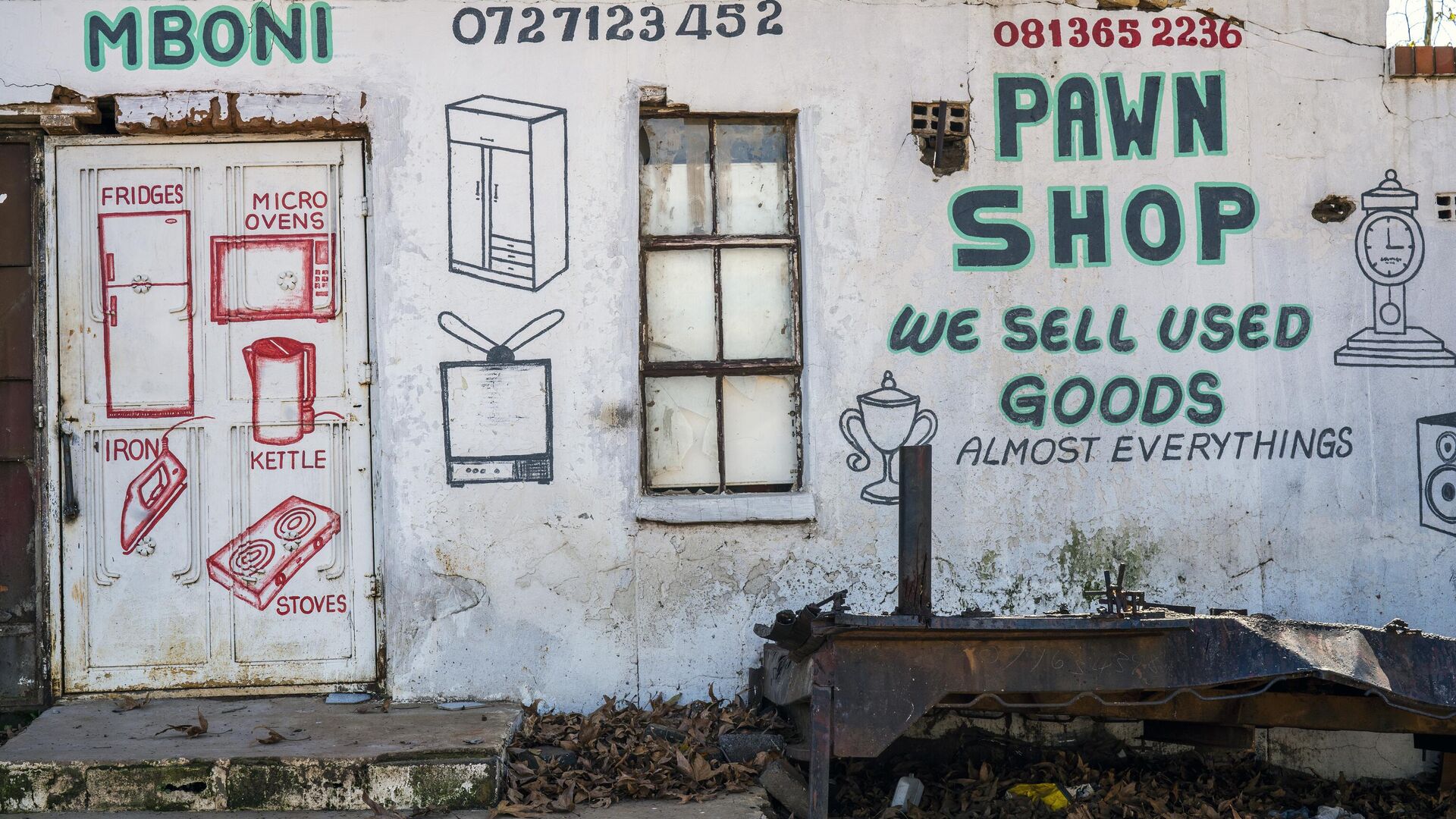Africa Faces Job Losses Due to Start-Up Closures and Scalebacks

© AP Photo / Jerome Delay
Subscribe
In 2023, a total of US$4.5 billion was invested in venture capital and venture debt across 603 deals in Africa. West Africa was the top performer for the third consecutive year, with Nigeria being the most active nation by deal volume both within the region and throughout the continent, as per the report by African Venture Capital Association.
Last year, a total of 20 start-ups in Africa shut down, and several others reduced their activities due to a widespread lack of finance. This financial shortage affected numerous nations in Africa and resulted in significant job losses, according to the 2023 Venture Capital Activity in Africa report done by the UK-based African Venture Capital Association (AVCA).
The amount of money that start-ups on the continent raised last year fell by 31% to roughly $4.5 billion from $6.5 billion they raised in 2022, which had a big impact on the financial flows of the businesses.
Last year, several start-ups, which had previously secured substantial money from investors, shut down due to their inability to secure subsequent fundraising rounds.
The amount of money that start-ups on the continent raised last year fell by 31% to roughly $4.5 billion from $6.5 billion they raised in 2022, which had a big impact on the financial flows of the businesses.
Last year, several start-ups, which had previously secured substantial money from investors, shut down due to their inability to secure subsequent fundraising rounds.
Many start-ups that had previously raised substantial sums of money from investors shut down last year as a result of their inability to secure follow-up funding rounds.
"This funding drought led several early-stage companies to either significantly downscale operations or shutter completely. [...] Reasons for their ultimate demise range from a lack of working capital after failing to raise follow-on funding rounds, difficulties establishing sufficient and sustainable market penetration, and allegations of corporate governance misconduct against founders," the report read.
According to estimates, the wave of start-up closures and scale-backs that occurred last year resulted in thousands of job losses throughout Africa, mostly in the top four start-up marketplaces on the continent: Nigeria, Kenya, Egypt, and South Africa.
"These strategic retreats and hard pivots for growth-focused ventures triggered a series of mass job cuts which resulted in over 1,000 layoffs across the continent in 2023. Should the lack of liquidity and present market challenges persist, founders may be forced to make more tough, strategic decisions in order to remain afloat and prioritize profit," the analysis revealed.
Nigeria suffered the most losses, with multiple start-ups downscaling and at least eight companies folding.
Overall, last year, there was a general decline in start-up capital as investment in emerging businesses in Africa and around the world due to high US interest rates and inflation.
Moreover, the AVCA predicted that if the funding drought persists on its downward track, the number of young enterprises being sent to the graveyard may rise this year.
Moreover, the AVCA predicted that if the funding drought persists on its downward track, the number of young enterprises being sent to the graveyard may rise this year.
However, in the meantime, the era of foreign nationals dominating the African innovation landscape appears to be coming to an end, since the majority of start-ups receiving investor money to solve challenges on the continent are formed entirely by Africans.
According to the most recent data from startup financing tracker Disrupt Africa, last year, 90.9% of funded ventures consisted solely of local co-founders, while those with just expatriate founders had dropped to 4.2%.
According to the most recent data from startup financing tracker Disrupt Africa, last year, 90.9% of funded ventures consisted solely of local co-founders, while those with just expatriate founders had dropped to 4.2%.

